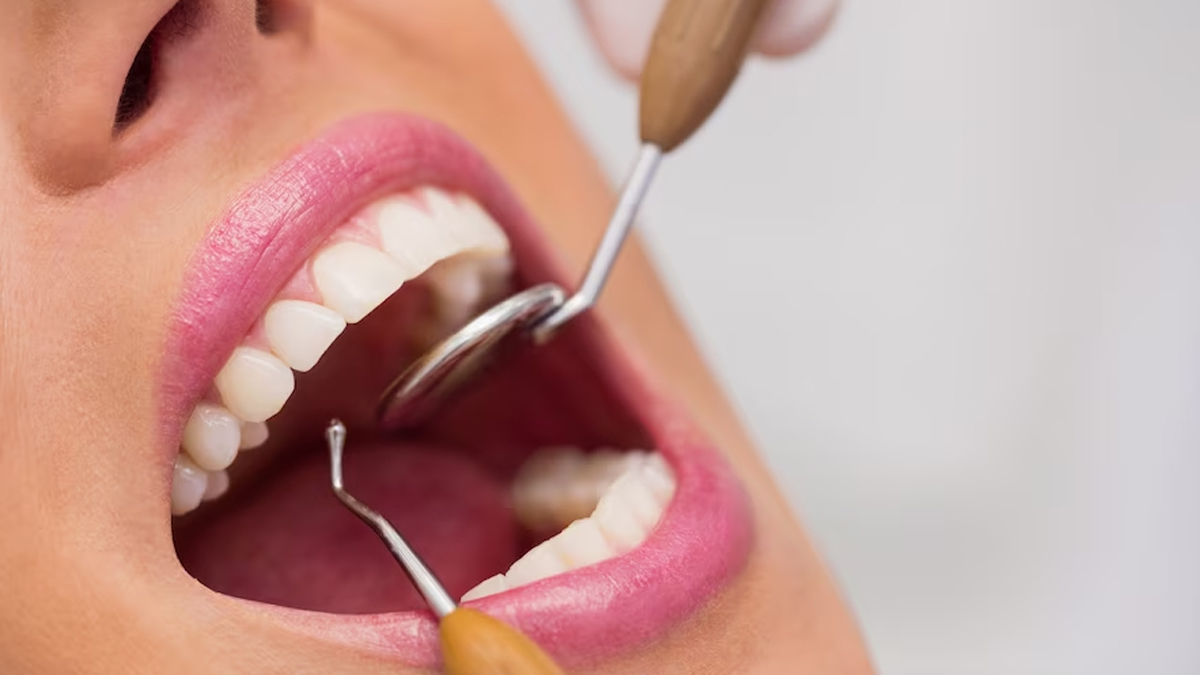
Root Canal Treatment(RCT) is a dental procedure designed to treat infections or damage within the tooth's pulp (the innermost part of the tooth).
“A root canal is a dental procedure that treats an infected or damaged tooth. The goal of a root canal is to save the tooth by removing diseased or inflammatory pulp, which is the soft tissue inside the tooth. The pulp contains nerves, blood arteries, and connective tissue, and if infected, it can cause extreme discomfort, swelling, and possibly abscess formation,” said Lt Gen Dr Vimal Arora, Chief Clinical Officer, Clove Dental Care.
Table of Content:-
After undergoing a root canal, proper aftercare is essential for a smooth and successful recovery. Here are important tips to follow:
Follow Post-Operative Instructions
“Root canal therapy is required when the inner component of a tooth, known as the pulp, becomes infected due to injury or decay. This illness produces severe pain and inflammation (swelling). To relieve discomfort, it is necessary to remove the affected tissue. This prevents the infection from spreading to nearby bones,” Dr Arora said.
Listen carefully to the instructions provided by your dentist or endodontist after the procedure. These may include guidelines on pain management, diet, and oral hygiene.
Pain Management
It's common to experience mild discomfort or sensitivity after a root canal. Over-the-counter pain medications, as recommended by your dentist, can help control the pain. Follow the prescribed dosage and avoid aspirin if you were instructed to do so.

Oral Hygiene
Continue to practice good oral hygiene by brushing and flossing regularly. Be gentle around the treated tooth to avoid irritation. Use a soft-bristled toothbrush.
Avoid Chewing on Treated Tooth
Refrain from chewing on the treated tooth until the final restoration (crown) is placed. The tooth may be more susceptible to fractures during this time.
Dietary Considerations
Stick to a soft or semi-soft diet for a few days after the root canal. Avoid excessively hot or cold foods, as the tooth may be sensitive.

Prescription Medications
Take any prescribed antibiotics as directed to prevent or treat infection. If you experience side effects or have concerns, contact your dentist.
Attend Follow-Up Appointments
Schedule and attend any follow-up appointments with your dentist. These appointments may involve placing a permanent crown on the tooth to protect it and restore its functionality.
Monitor for Signs of Infection
Watch for signs of infection, such as persistent swelling, severe pain, or discharge. If you notice any concerning symptoms, contact your dentist promptly.
Report Unusual Symptoms
Report any unusual symptoms, such as prolonged pain, swelling, or changes in bite, to your dentist. These may be indications of issues that need attention.
Stay Hydrated
Drink plenty of water to stay hydrated, which supports overall healing and can help reduce inflammation.
Also read: Root Canal Treatment Aftercare: What To Eat And Avoid
Avoid Smoking and Alcohol
If possible, avoid smoking and limit alcohol consumption during the recovery period. These behaviors can hinder the healing process.
Protect Treated Tooth
If your dentist has placed a temporary filling or crown, be cautious with the treated tooth. Avoid using it to bite into hard or sticky foods.
The success of a root canal procedure often depends on proper aftercare and following your dentist's recommendations. If you have any concerns or experience unexpected symptoms, contact your dentist promptly for guidance. Regular dental check-ups are important for monitoring the health of the treated tooth and addressing any issues promptly.
Also watch this video
How we keep this article up to date:
We work with experts and keep a close eye on the latest in health and wellness. Whenever there is a new research or helpful information, we update our articles with accurate and useful advice.
Current Version